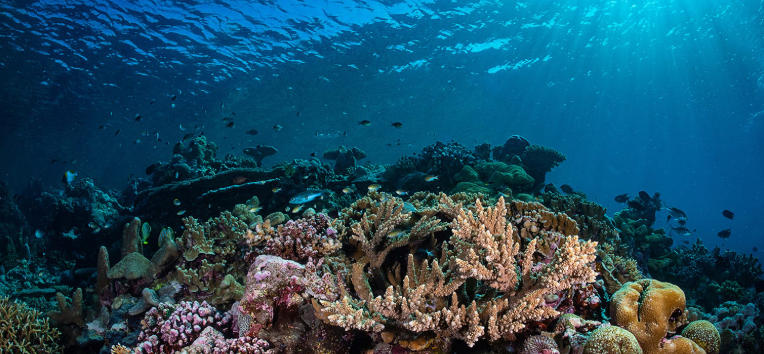Understanding Ocean Acidification: A Critical Environmental Challenge
Ocean acidification is a pressing issue that affects marine ecosystems, food security, and the overall health of our planet. As carbon dioxide (CO2) emissions continue to rise, oceans absorb a significant portion of this greenhouse gas, leading to increased acidity levels. This process poses a threat not only to marine life but also to the communities that rely on these ecosystems for their livelihoods.
The Science Behind Ocean Acidification
When CO2 penetrates the ocean’s surface, it reacts with seawater to form carbonic acid, which then dissociates into bicarbonate and hydrogen ions. This chain reaction results in a decrease in pH levels, making the oceans more acidic. Since the beginning of the Industrial Revolution, ocean acidity has increased by about 30%. This rapid change is alarming, as many marine organisms, particularly those with calcium carbonate shells or skeletons, struggle to adapt to lower pH conditions. Shellfish, corals, and some plankton species are particularly vulnerable, which could disrupt entire food webs.
Impact on Marine Life
Ocean acidification has severe implications for marine biodiversity. Species like corals, which rely on calcium carbonate for their skeletons, face challenges in building and maintaining their structures. This can lead to the degradation of coral reefs, often referred to as the “rainforests of the sea,” which are vital habitats for countless marine species. Additionally, fish and other marine animals that rely on these ecosystems for breeding and feeding may find their habitats diminished. The loss of marine biodiversity not only impacts natural ecosystems but also affects the fishing industry and communities that depend on seafood for sustenance.
Human Consequences and Solutions
The ramifications of ocean acidification extend beyond marine life; they also pose significant risks to human health and economies. The decline of shellfish populations can harm industries that depend on these species, leading to job losses and impacting coastal economies. To address ocean acidification, collective action is crucial. Adjusting carbon emissions through renewable energy sources, advocating for sustainable fishing practices, and implementing conservation efforts are essential steps. Individuals can contribute by reducing their carbon footprint and supporting policies aimed at combating climate change.
Conclusion
Ocean acidification is a complex issue with far-reaching effects on our environment, marine life, and human communities. By understanding its causes and consequences, we can take meaningful actions to address this challenge. Whether through individual efforts or supporting larger initiatives, every action counts in the fight to protect our oceans. Stay informed, and consider getting involved in local conservation efforts or advocacy groups to make a difference. Together, we can safeguard our oceans for future generations.

